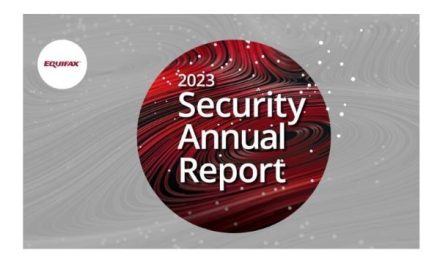Experian Report: One in three used savings from lockdown to pay down their debt; Average credit balance fell by £1,934 between March and June
One in three (31%) used the enforced lockdown to pay down their debt, according to new analysis from Experian.
The proportion of Experian CreditExpert customers that had high balances1 across their credit accounts stood at 12.6% around the start of lockdown (23rd March). This dropped to 8.6% at the beginning of June, just before measures to contain the outbreak began to ease.
Alongside this, average credit balances dropped by 17% during the UK COVID-19 lockdown. Experian customers had an average credit balance across all credit accounts (excluding mortgages) of £9,681 in June compared to £11,615 in March2.
Credit utilisation (percentage of available credit a person is using) is one of the biggest factors on a person’s credit score. High credit utilisation can suggest a high credit risk and can therefore have a negative impact on your score. However, reducing balances across your credit accounts is a positive score factor that can strengthen your report.
Experian’s findings suggest some savvy UK borrowers took the opportunity to use savings made by reduced spending to get their finances in order, and subsequently improve their credit score. The average length of time people hold a credit account was another common positive score factor influencing scores in June. Two in five (41%) CreditExpert customers have mature credit accounts that have been held on average for 34 months or more, demonstrating a proven credit history to lenders. Therefore, they will have seen this score factor boosting their credit score.
Score factors look at a variety of characteristics on your credit report and are the building blocks of a person’s credit score.
Lenders use credit scores, as well as other sources of information, to review an individual’s financial behaviour, to help them to assess people’s creditworthiness when applying for new credit.
Here are 5 tips from Experian on how to improve your Experian Credit Score
- Register on the electoral roll at your current address. As well as helping confirm your name and address, this contributes up to 50 points to your Experian Credit Score because it’s seen as a sign of stability and reliability.
- Check your credit report regularly and ask for any errors to be corrected. A single late payment can wipe 130 points off your Experian Credit Score. Make sure your report reflects the facts.
- Keep credit card balances as low as possible. How much of your credit card limits you regularly use can have a big impact on scores as it shows how reliant you are on credit. For example, keeping card balances below 30% of the limit can gain 90 points.
- Limit applications for new credit. Space out any credit applications you make and shop around using eligibility-checking services. That way, you’ll only apply for deals you’re likely to get and avoid collecting multiple ‘hard’ search footprints. Not applying for any new credit for six months can boost your Experian score by 50 points.
- Let your credit history mature. While it’s sensible to shop around from time to time to make sure you’re getting the best deals, it will help your credit score if you let some of your credit accounts mature. For example, holding the same credit card for five years can add 20 points to your Experian Credit Score.
1 Total balance across all credit accounts, excluding mortgages, is more than £30k and/or Total balance on revolving credit, such as credit cards, is more than £15k.
2 Based on average balance across all active credit accounts excluding mortgages for Experian’s CreditExpert base on 23rd March 2020 and 8th June 2020.
Source: Experian Press Release



























